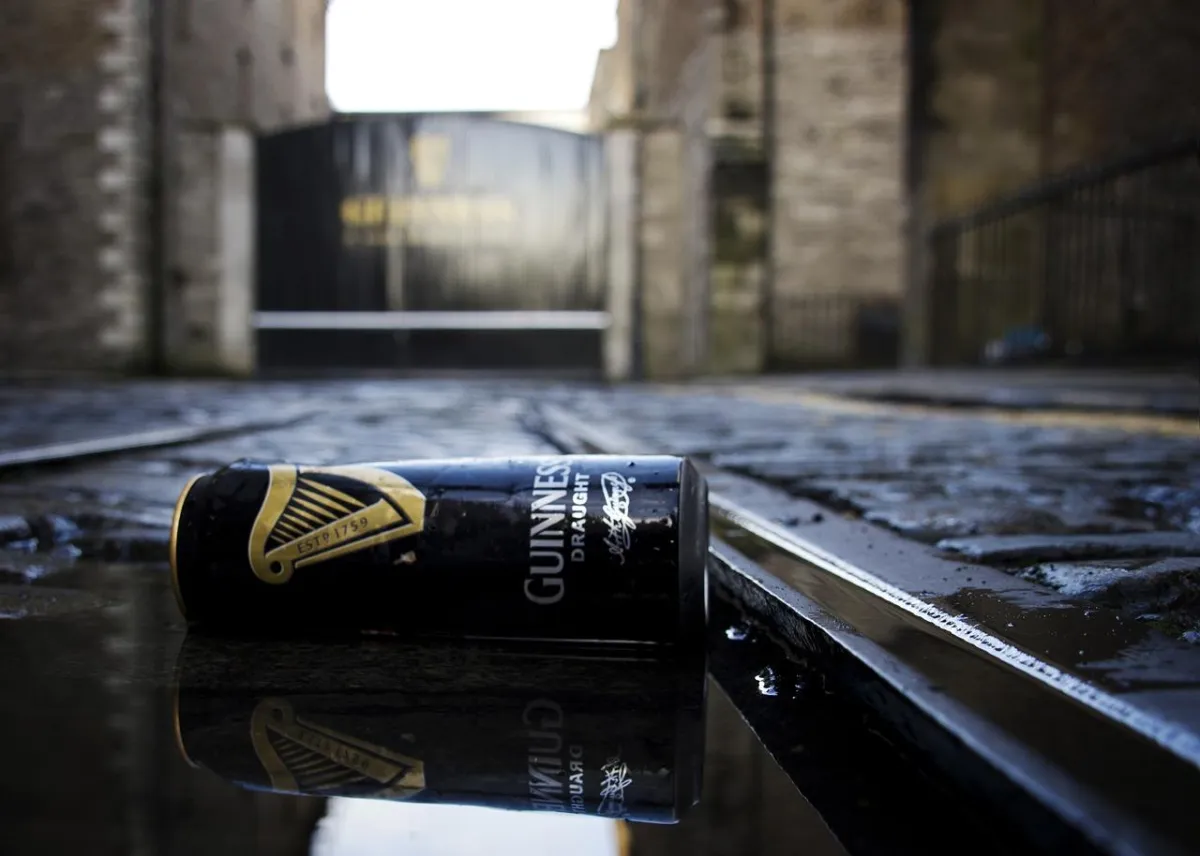
Case study 1:
Guinness Plc enquiry and criminal prosecutions

The Guinness share-trading fraud of the 1980s stands out as one of the most significant business scandals of the decade. This case involved the manipulation of the London stock market to inflate the price of Guinness shares, facilitating Guinness's £4 billion takeover bid for the Scottish drinks company Distillers. Four prominent businessmen, later known as the "Guinness Four," were convicted for their roles in this complex scheme.
Background: In an attempt to secure the takeover of Distillers, the Guinness executives engaged in market manipulation by buying shares in their own company to artificially inflate its stock price. This scheme was designed to make Guinness appear more financially robust than it was, thereby convincing Distillers’ board to favour Guinness over a competing hostile bid from Argyll.
Key Figures:
● Ernest Saunders: Former CEO of Guinness.
● Gerald Ronson: Businessman.
● JackLyons: Financier.
● AnthonyParnes: City trader.
Discovery and Investigation: The scandal came to light during the testimony of Ivan Boesky, a US stock trader, who, as part of a plea bargain in an unrelated case, revealed details about the manipulation. This led to a wider investigation by the Serious Fraud Office (SFO) in the UK.
Criminal Activities: The defendants were found to have bought Guinness shares to support its share price, which was crucial for the takeover bid. They guaranteed each other's losses if the share price fell, giving them an unfair advantage. This was a significant distortion of the market, violating fair trading principles.
Legal Proceedings and Sentences:
● Ernest Saunders: Sentenced to 5 years in prison (later reduced to 2.5 years on appeal) for false accounting, conspiracy, and
theft.
● Gerald Ronson: Sentenced to 1 year in prison and fined £5 million for false accounting, conspiracy, and theft.
● JackLyons: Fined £4 million for theft and false accounting. He was stripped of his knighthood.
● AnthonyParnes: Sentenced to 30 months in prison (reduced to 21 months on appeal) for false accounting and theft.
Appeals and Subsequent Legal Actions: The defendants appealed their convictions, but the guilty verdicts were upheld. Saunders' sentence was halved after medical evidence suggested he was suffering from a serious illness. The European Court of Human Rights later ruled that the original trial had been unfair due to improper collusion between the Department of Trade and Industry (DTI) inspectors and the prosecuting authorities, but subsequent appeals to reverse the convictions failed.
Impact and Outcome: The scandal led to significant legal and financial repercussions:
● Financial Losses and Fines: The convicted businessmen paid large fines and served prison sentences, with the exception of
Jack Lyons, who was fined and stripped of his knighthood but did not serve time due to ill health.
● Company Impacts: Guinness plc's share price initially increased post-takeover, but the manipulation tarnished its reputation. The
scandal also led to major resignations and restructuring within involved companies.
● Regulatory Changes: The case highlighted the need for stricter regulatory oversight in financial markets and led to changes in
how corporate takeovers were monitored and managed.
Conclusion: The Guinness share-trading fraud case serves as a cautionary tale about the dangers of market manipulation and the importance of ethical practices in business. Our firm's involvement in understanding and navigating the complexities of this case underscores our commitment to upholding justice and integrity in the financial sector. This case remains a significant example of how corporate greed and unethical practices can lead to severe legal consequences and lasting damage to personal and corporate reputations.
Let's Talk
DAVID ORCHARD
Ilona Rose House
Manette Street
London
W1D 4AL
Copyright©2024 DAVID ORCHARD - All Rights Reserved
